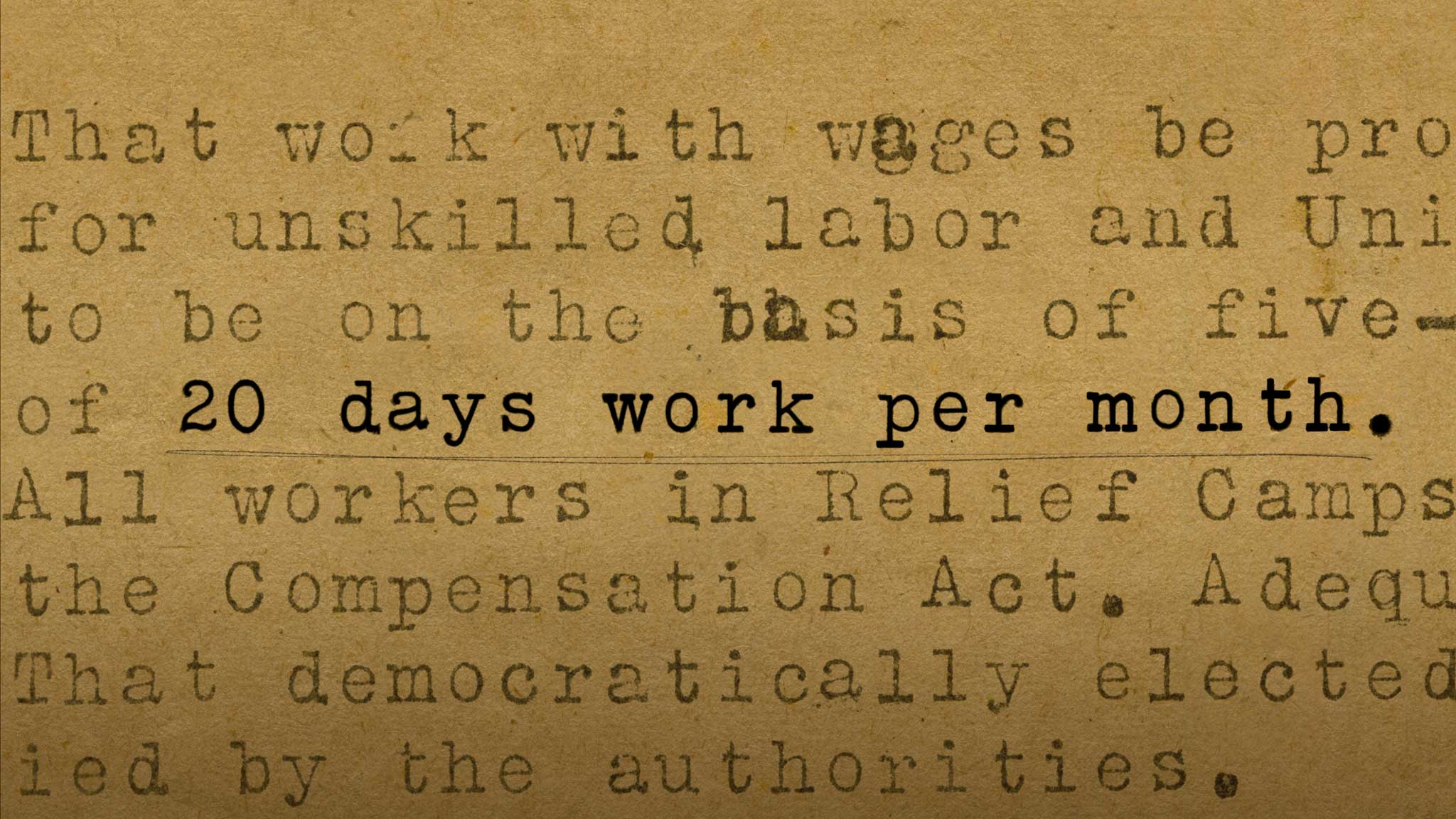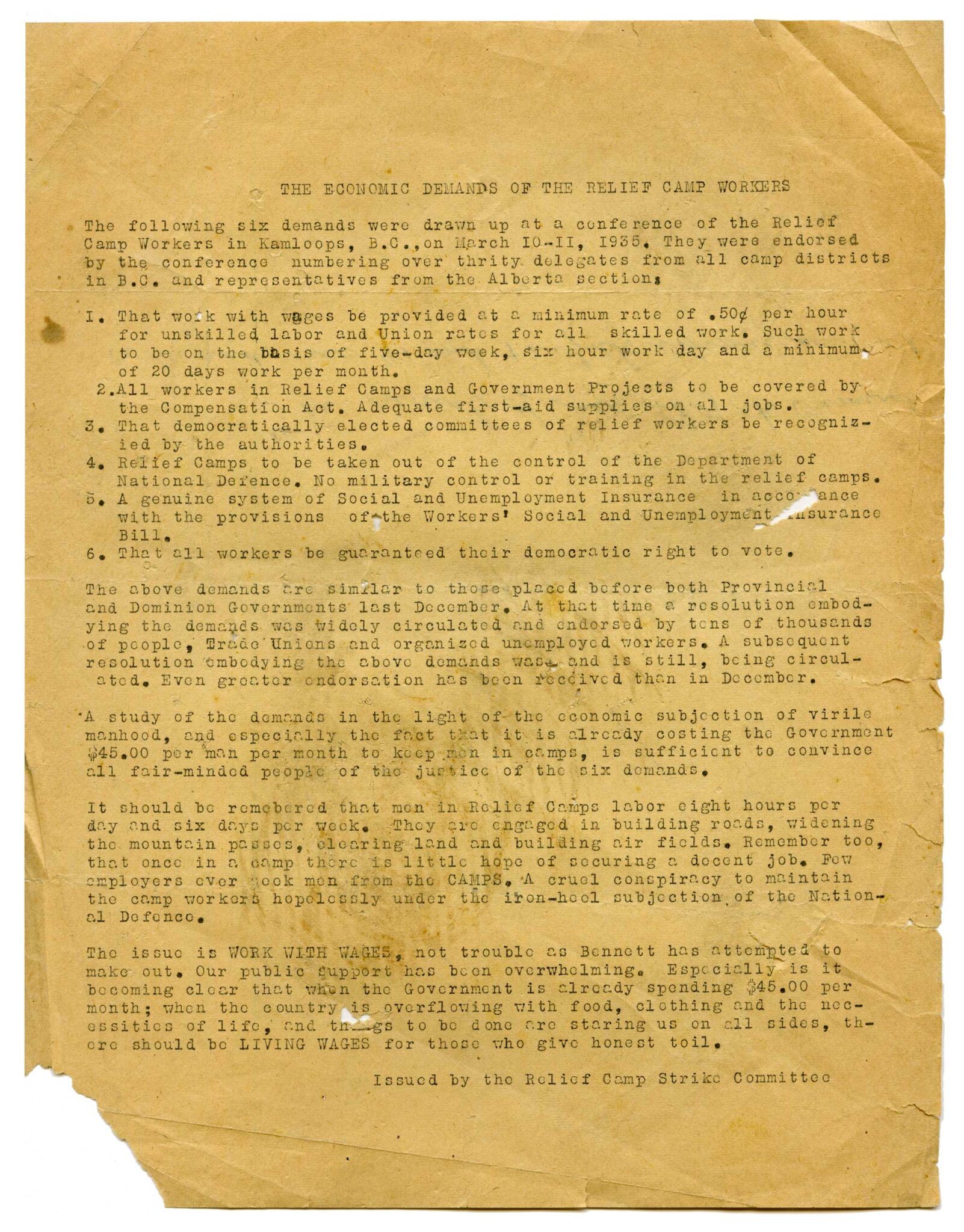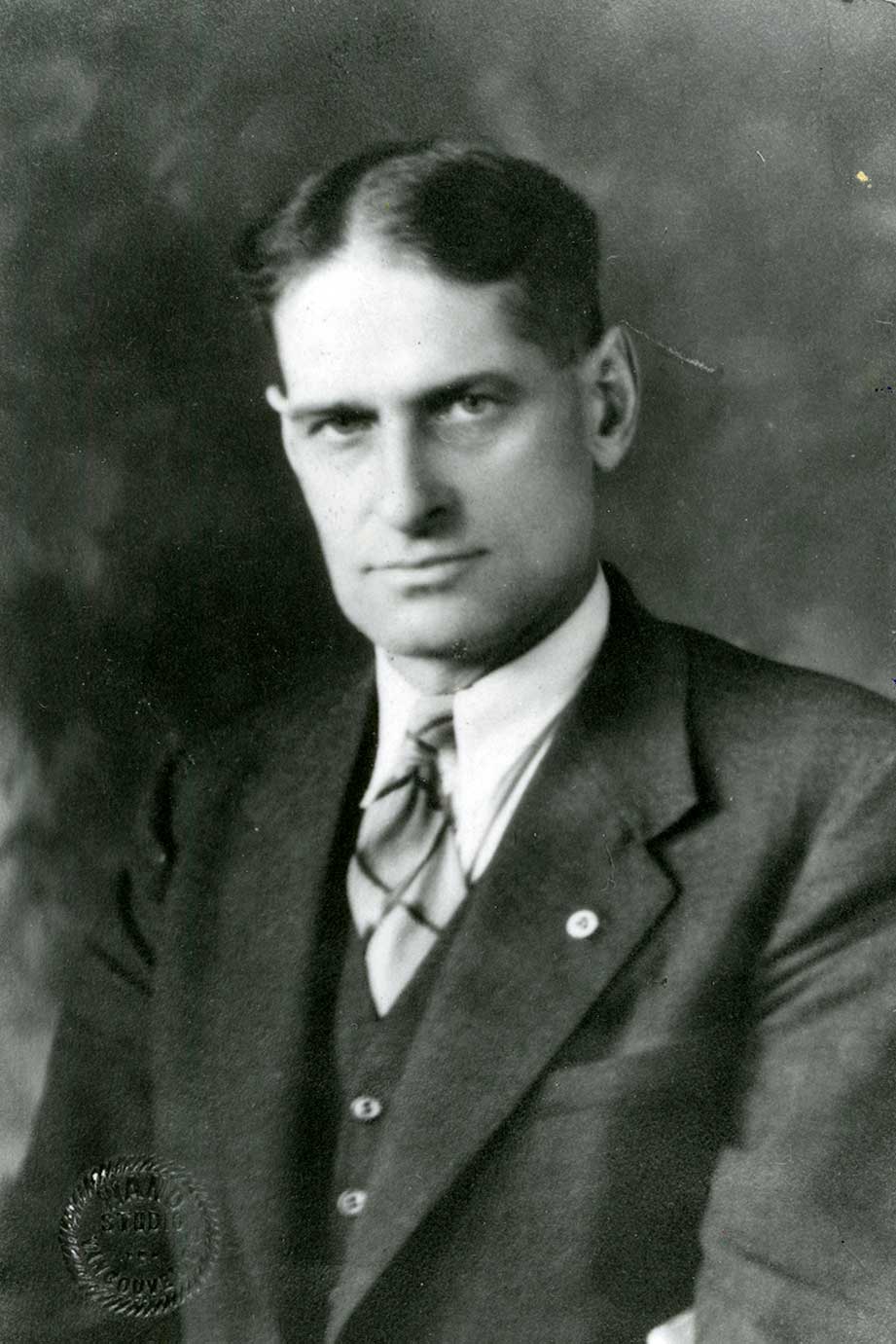Organize! - Images and Learning Resources
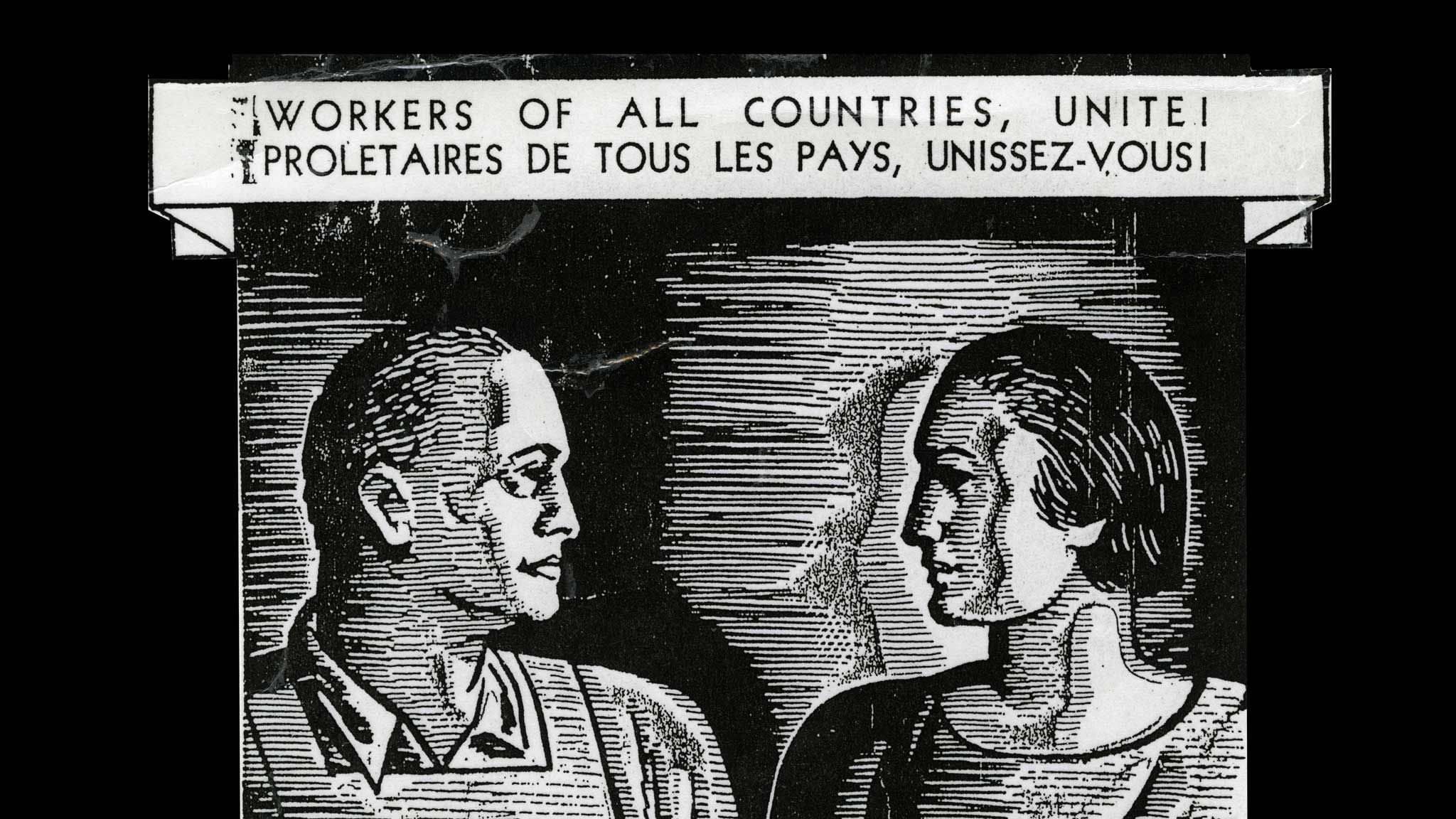
The Relief Camp Workers' Union
“The constitution of the Relief Camp Workers’ Union (B.C. Section) as amended in August 1934, specified that it was open to all workers in relief camps “regardless of race, creed, color or political opinions.
It’s aims were three fold:
- To organize all relief camp workers “into a militant union” and to lead struggles for higher living standards, relying on the strike weapon to achieve this end.
- To campaign for social insurance, adequate old age pensions, compensation for disability and sickness and non-contributory unemployment insurance.
- To carry on in the spirit of “international proletarian solidarity against “capitalist exploitation” and to support trade unions “in the final struggle for the overthrow of capitalism and the establishment of a workers’ government.”
Initiation fees were set at 10c and dues at 10c per month.”
Source:
Sheils, Jean Evans., and Ben. Swankey. “Work and Wages!” : Semi-Documentary Account of the Life and Times of Arthur H. (Slim) Evans. Trade Union Research Bureau, 1977. P. 80.
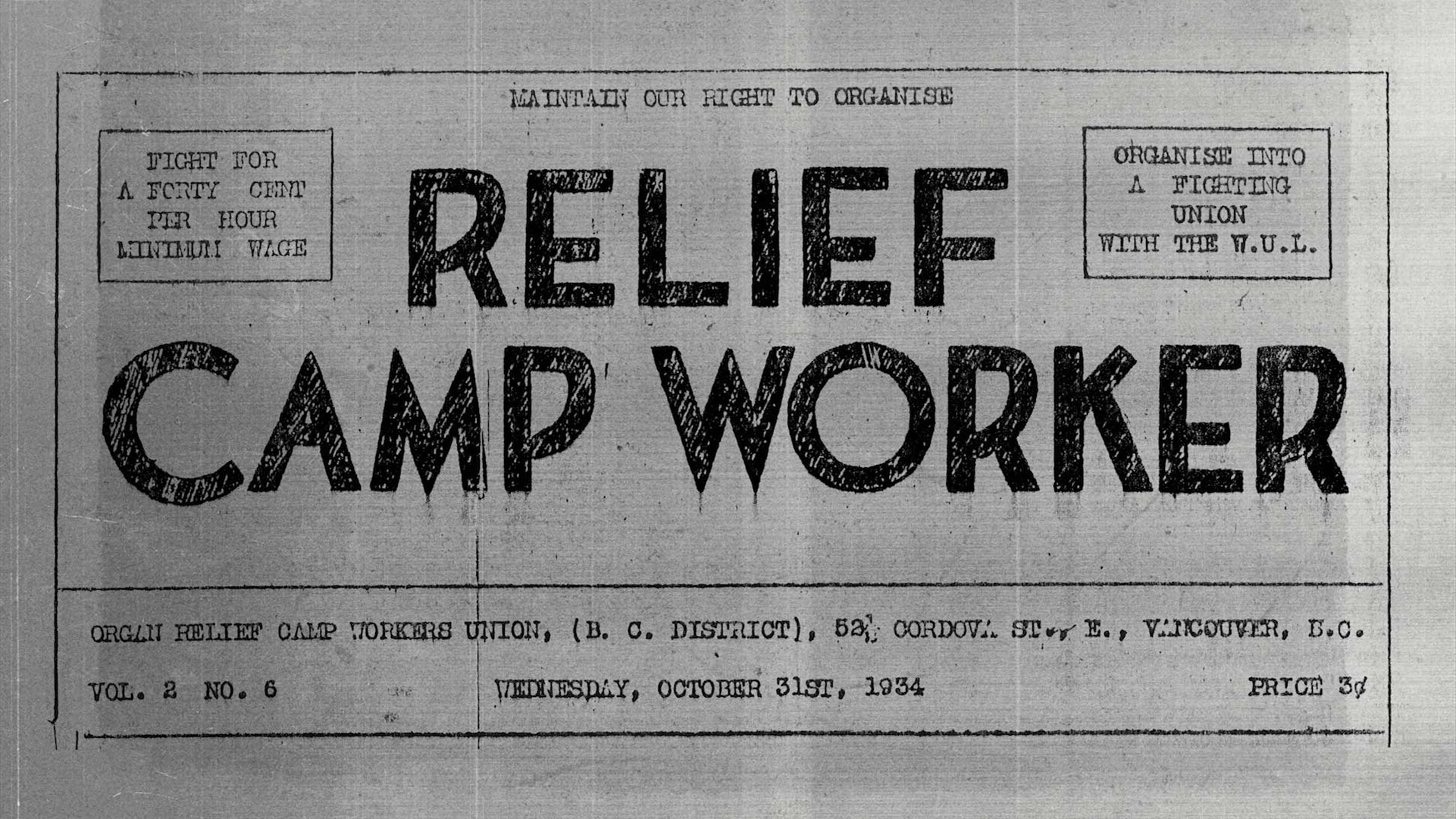
"A critical hour in the history of our country"
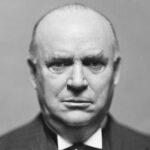
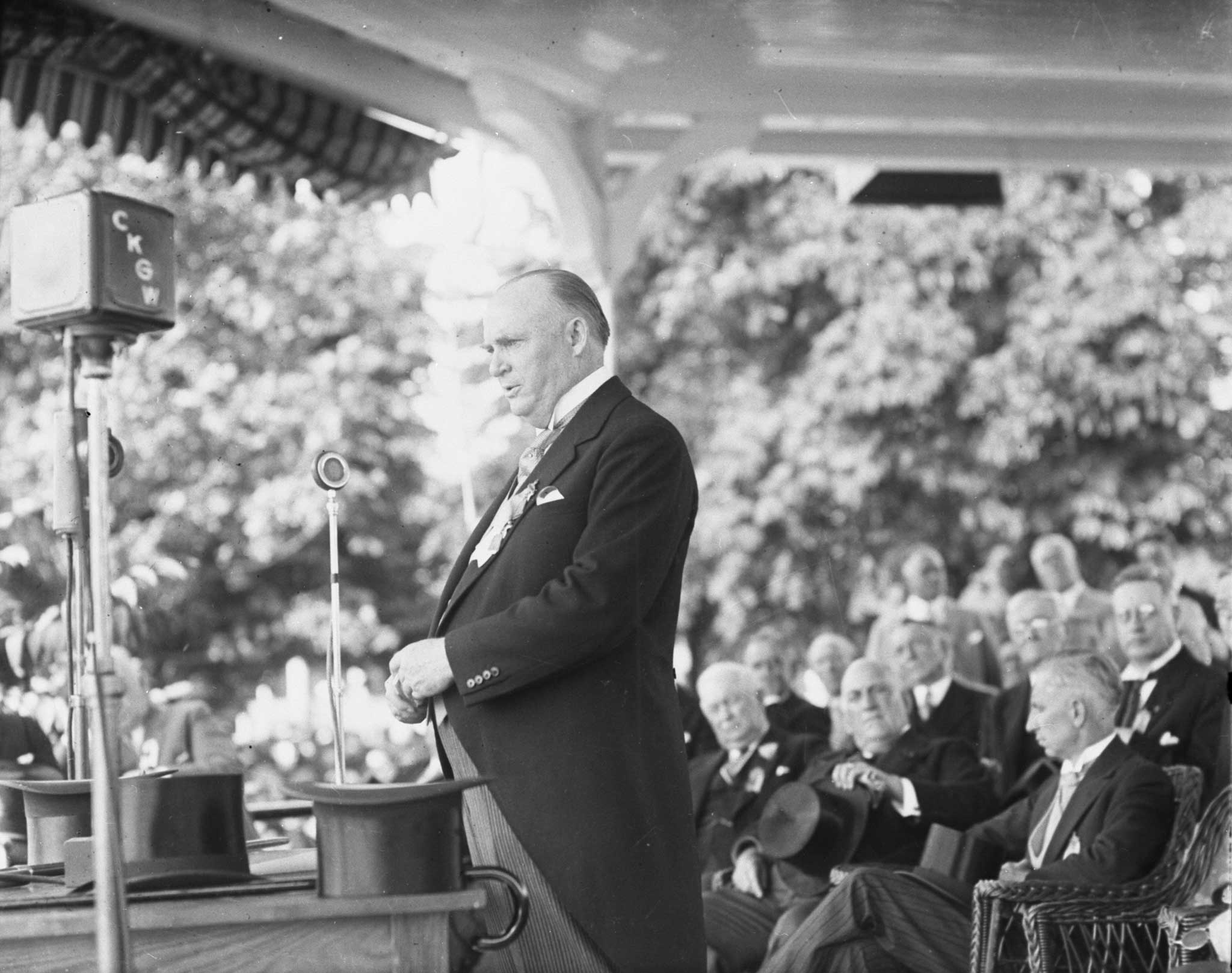
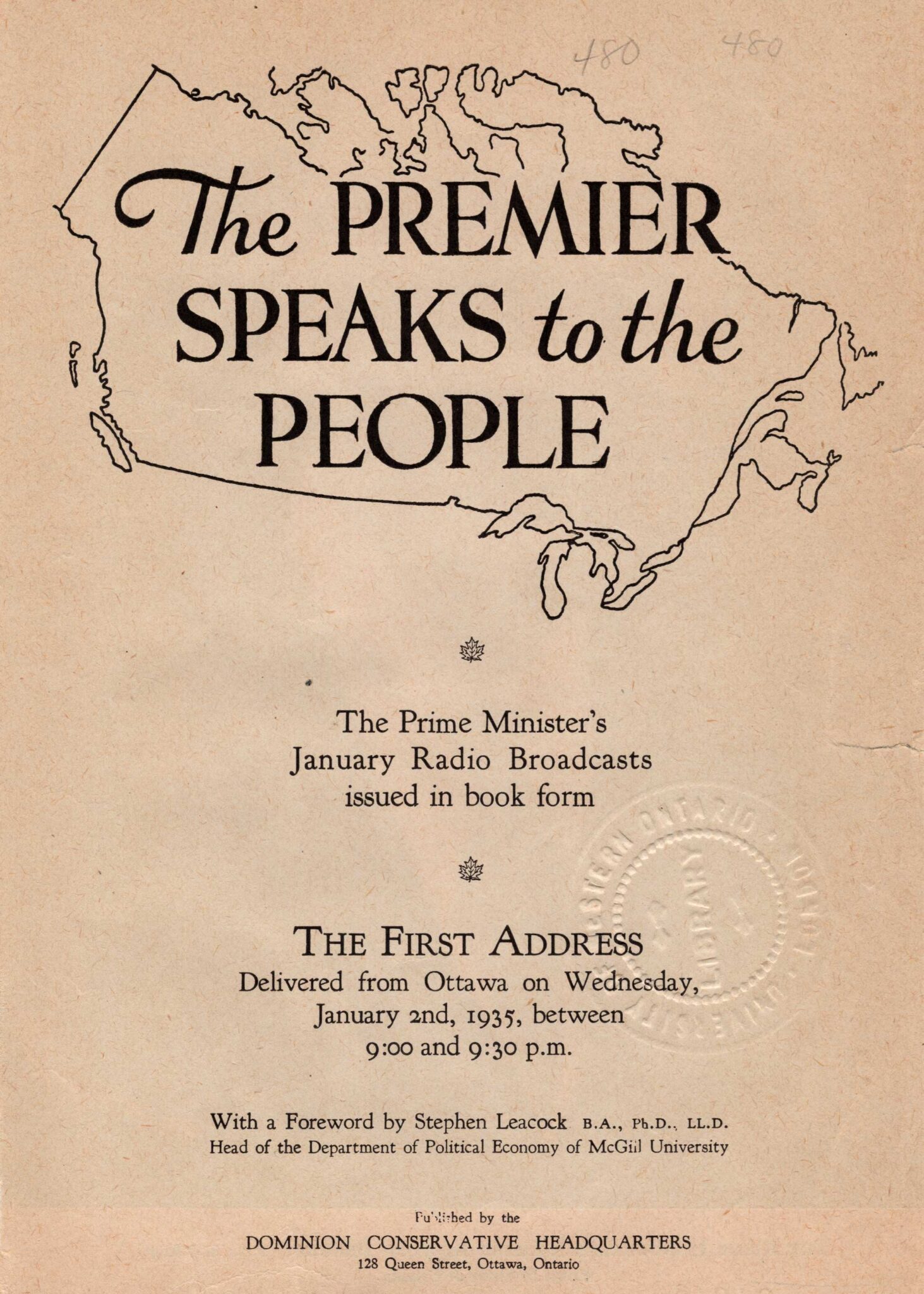
The Economic Demands of the Relief Camp Workers
“The following six demands were drawn up at a conference of the Relief Camp Workers in Kamploops, BC, on March 10-11, 1935.
- That work and wages program be provided at a minimum rate of 50 cents per hour for unskilled labour and union rates for all skilled work. Such work to be on the basis of a five-day week, a six-hour work day and a minimum of 20 days work per month.
- All workers in Relief Camps and Government Projects to be covered by the Compensation Act. Adequate first-aid supplies for all jobs.
- That democratically elected committees of relief workers be recognized by the authorities.
- Relief Camps to be taken out of the control of the Department of National Defence. No military control or training in the camps.
- A genuine system of Social and Unemployment insurance, in accordance with the provisions of other Workers’ Social and Unemployment Insurance Bill.
- That all workers be guaranteed their democratic right to vote.
The issue is WORK WITH WAGES, not trouble as [Prime Minister] Bennett has attempted to make out.”
Source:
The Economic Demands of the Relief Camp Workers, University of British Columbia Library – Rare Books & Special Collections.
